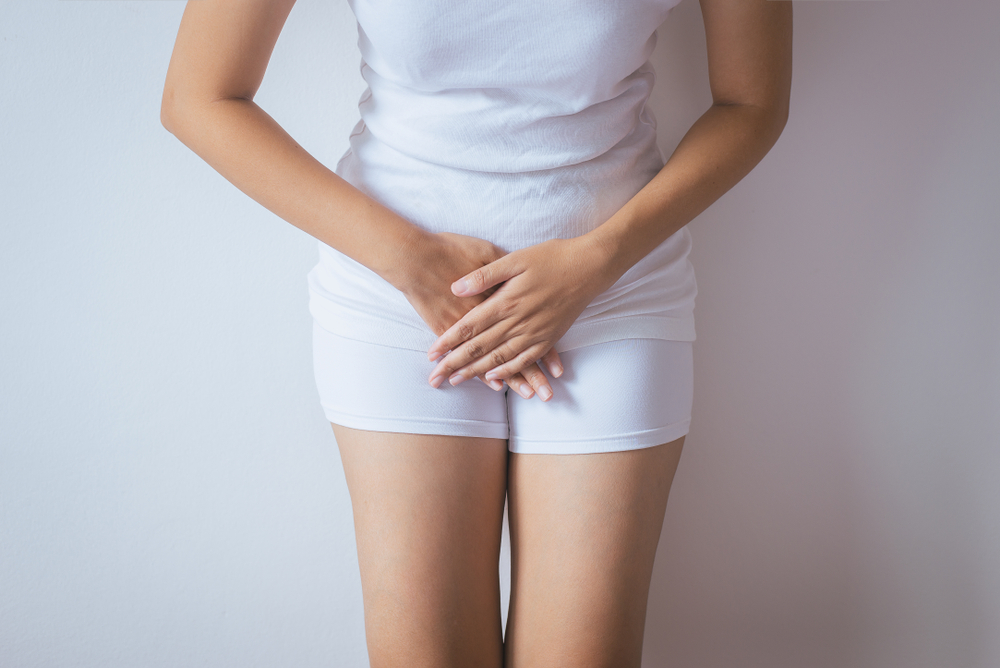
Incontinence is a problem that can affect people of any age, but it is most commonly seen in seniors. This issue can cause a great deal of embarrassment and frustration, which is why many people choose to suffer in silence. In this article, we will debunk the stigma around incontinence and discuss the different types of incontinence and their causes. We will also explore treatment options for managing incontinence through assisted living, such as through the help of 24-hour staffing at first-rate senior care suites like Jazba. By the end of your reading, we hope you will understand a little bit more about this common medical condition and feel a little more empowered to take action to manage it!
What Is Urinary Incontinence?
Incontinence can be summarized as a loss of control over the bladder, whether just “springing a leak” with an unexpected cough or total bladder release. This loss of bladder control can happen on the odd occasion or as much as multiple times a day.
What Are the Different Kinds of Incontinence?
There are five main kinds of incontinence, which each lead to different experiences for the patient. The types of incontinence are urge incontinence, overflow incontinence, functional incontinence, stress incontinence, and mixed incontinence.
Urge incontinence is characterized by an immediate, urgent need to urinate followed by loss of bladder control. This type of incontinence typically involves a patient frequently needing to use the restroom, both day and night. It can be caused by something as easily treated as a bladder infection or as complex as a neurological condition.
Overflow incontinence is the resultant “leak” of urine (often described as a “dribble”) from a bladder that does not fully release its contents when patients use the restroom. This can be frequent or constant throughout the course of the day.
Functional incontinence, in comparison, is caused by physical problems when it comes to the act of urinating itself. This can mean everything from mobility issues on the way to the toilet to severe arthritis preventing the lowering of pants.
Another common kind of incontinence is stress incontinence, which is a bladder leak as the result of excessive pressure. This can be caused by anything from a sudden sneeze to heavy lifting.
As you may have guessed, mixed incontinence occurs when several different types of incontinence are causing your bladder to be overactive—such as urge incontinence and stress incontinence.
When to Seek Incontinence Care
If you or a loved one is experiencing incontinence, it’s nothing of which to be ashamed. While it is more common in older adults, it can begin as early as 40—and it affects over 50% of American seniors. That’s over 25 million people!
However, it’s time to seek incontinence care when your condition begins to negatively impact your quality of life—whether that’s a restriction of favorite activities like socializing, or when it increases the likelihood of a fall on the urgent path to the bathroom. What’s more, it’s best to have your Urinary Incontinence (UI) examined by a doctor, as it may be indicative of a larger health problem.

What Causes Urinary Incontinence?
As you’ve learned, there are a number of different kinds of incontinence, and as such, there are several different possibilities when it comes to tracking down the root cause. UI can be caused by everything from a urinary tract infection, underlying medical problems, physical bladder problems, and even daily habits. Incontinence can be caused by the following factors:
- Bladder or urinary tract infections
- Constipation, as the rectum shares nerves with the bladder
- Overconsumption of alcohol or caffeine
- Overdoses of vitamin C
- Citrus or foods containing large amounts of acid, sugar, or spices
- Carbonated beverages, including bubbly water
- Hot peppers
- Chocolate and sweets
- Certain medications, such as muscle relaxants or sedatives
The good news is, while there are many different potential causes for incontinence, there are many different plans for treatment and managing your UI as well. We will dive into this a little deeper in the coming section.
Risk Factors For Incontinence
There are certain factors that may put individuals at an increased risk for UI, senior or not. These include:
- Obesity or being overweight, as this increases pressure on the bladder
- Tobacco use
- History of UI in the family, especially urge incontinence
- Age, as the older you grow, the weaker your muscles in your bladder and urethra become
- Sex; stress incontinence is more common in females, though men with prostate issues are likely to experience overflow and urge incontinence
- Underlying illnesses, like diabetes or a neurological disorder
Can You Prevent Incontinence?
Unfortunately, in some cases, incontinence is inevitable as we age…but there are certain things you can do to minimize your likelihood of UI, and/or better manage it if you do already have it. Simple life choices you can make to reduce your likelihood of UI include:
- Staying fit and a healthy weight
- Avoiding alcohol, caffeine, tobacco, acidic foods, and other bladder irritants
- Avoid constipation by consuming a healthy amount of fiber
- Exercise your pelvic floor regularly

Treatment Options for Managing Incontinence
While it is rare that UI is ever completely “cured” in seniors, there are many ways of treating the condition as well as managing it so that it does not interrupt your quality of life. In this section, we will dive into the many different approaches patients with UI can take to improving their bladder control.
- Estrogen cream: By applying a low-dose estrogen cream to the vaginal walls and urethra, some women are better able to manage their UI.
- Bulking gels: Injected into the area near the bladder opening, this procedure can help to minimize the effects of stress incontinence—though it likely will need to be repeated.
- Medical implants: Three common forms of medical implants to help patients manage UI include vagina pessary rings, urethral inserts, and catheters.
- Biofeedback: By using sensors to help patients perceive signals from their body, patients may be able to better regain control over muscles in the urethra and bladder.
- Electronic impulses to stimulate nerves: This procedure stimulates nerves around the bladder that may improve reflexes and build control.
- Surgery: This can be effective at staving off UI that is caused by bladder problems due to an enlarged prostate.
- Medications affecting bladder control: However, these are not always a first-choice option in patients over the age of 65, as some have been associated with cognitive decline in seniors. If you are interested in taking a medication for your UI, speak with a doctor about a treatment plan that’s best for you.
It’s important to note that modern medicine and surgical procedures are not the only ways to manage UI. Patients can practice strengthening their pelvic muscles around the bladder, or scheduling times to use the toilet incrementally throughout the day. This can start in increments of 45 minutes or so and gradually grow longer in between bathroom breaks.
There is also a wide assortment of incontinence garments on the market today—a far cry from what folks might have considered “adult diapers” years ago. If wearing an absorbent pad gives you the security you need to get out and socialize without feeling afraid of having an accident, why not use every tool in the book?
Sacramento Senior Care Suites: 24-Hour Incontinence Care with Jazba
Incontinence is a common fact of life for millions of Americans—and not necessarily just seniors! However, experiencing UI does not have to dampen your quality of life. With so many different approaches for medicating and managing this condition, there are ample ways to get your life back and your bladder under control.
Don’t make the mistake of thinking UI is a source of shame or stigma, or that it has the power to control how you live your life. Seeking care for your incontinence is the first step toward regaining your life back; and with senior care suites like those offered by Jazba Care, 24-hour compassionate staff can help you manage this condition and thrive in a community of your peers. For more information on what incontinence care entails, check out our recent article on the topic!
Are you interested in touring some of the finest senior care suites in Sacramento offering 24-hour incontinence care? Contact Jazba Care today!




